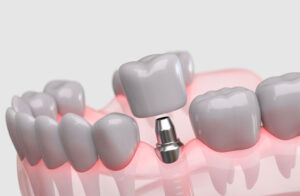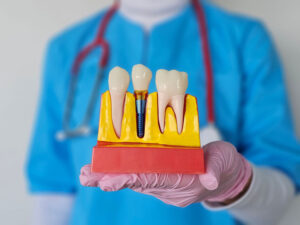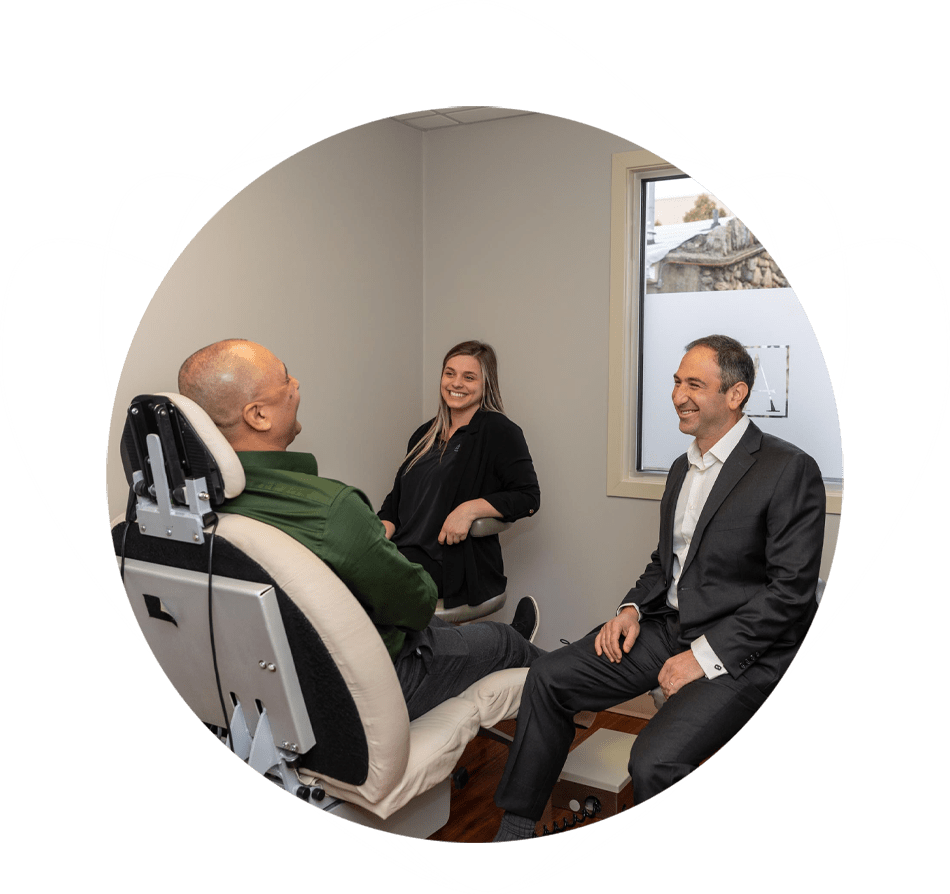The frustration TMJ sufferers can experience trying to seek treatment can be enormous. Like many health related issues, some of these frustrations stem from poor treatment providers but also from the disorder itself. Temporomandibular joint disorder or TMJ (sometimes TMD) is an umbrella term for many different jaw conditions. Unlike a broken bone, the underlying causes of TMJ can vary widely. It can be caused by trauma, arthritis, disc erosion, an imbalanced bite, and more. This confusion, coupled with widely varying symptoms from patient to patient, are part of the reason TMJ can be difficult to treat. Another factor is patients who don’t recognize the symptoms as TMJ.
Do You Have TMJ?
The temporomandibular joint are actually two joints which connect the jawbone to the skull. This connection also allows the jaw to articulate bilaterally, meaning the jaw can move both up and down and side to side. Surrounding this connection, are several muscles and nerves which run into your face and shoulder. The complexity of this structures is what produces such varied symptoms.
Most are familiar with the common TMJ symptoms, clustered in the jaw. These include: clicking or popping noises while eating, pain or swelling around the jaw, and limited jaw mobility. However, symptoms can range from the neck and shoulders, all the way down to the fingers. Tinnitus (ringing in the ears), ear pain, frequent headaches, and vertigo are other common symptoms. But because they are far from the jaw, many who experience them may not recognize them as connected to TMJ.
Muscle Relaxation with TENS
One of the most common treatments for TMJ is muscle relaxation using TENS (transcutaneous electrical nerve stimulation). Generally used in conjunction with other treatment methods, this battery operated device is used to relax facial and jaw muscles to facilitate the diagnostic process and treat pain. TENS works by delivering small electrical pulses through electrodes attached to your skin. These stimulate nerves and reduce their ability to transmit pain signals to the brain. That way, we can find the optimum resting position for your jaw. Then we can build you a custom-made mouth splint. One of the benefits of TENS is that it is a noninvasive procedure with very little side-effects outside of allergies to certain adhesives used to support the electrodes.
Oral Splints and Jaw Repositioning
Oral splints, mouth guards, and other methods of jaw repositioning work off the assumption that your body has the capacity to heal your joint. Much like when you sprain your ankle and a doctor provides a splint, oral splints reposition your jaw in a way the minimizes further damage and promotes healing. As many patients struggling with TMJ also suffer from bruxism (tooth grinding), oral splints can also protect your teeth from damage, eliminating the need for dental restoration in the future.
The TMJ treatment best suited to meet your needs will depend on factors unique to your jaw’s misalignment. Dr. Mejia and Dr. Sepiashvili are experienced neuromuscular dentists who will work closely with you to find the solution that best restores comfort and function to your jaw.
If you are suffering from jaw pain in the Mohegan Lake, New York area, please contact Advanced Dentistry of Mohegan Lake at (914) 526-2144 to schedule a neuromuscular dentistry consultation.
